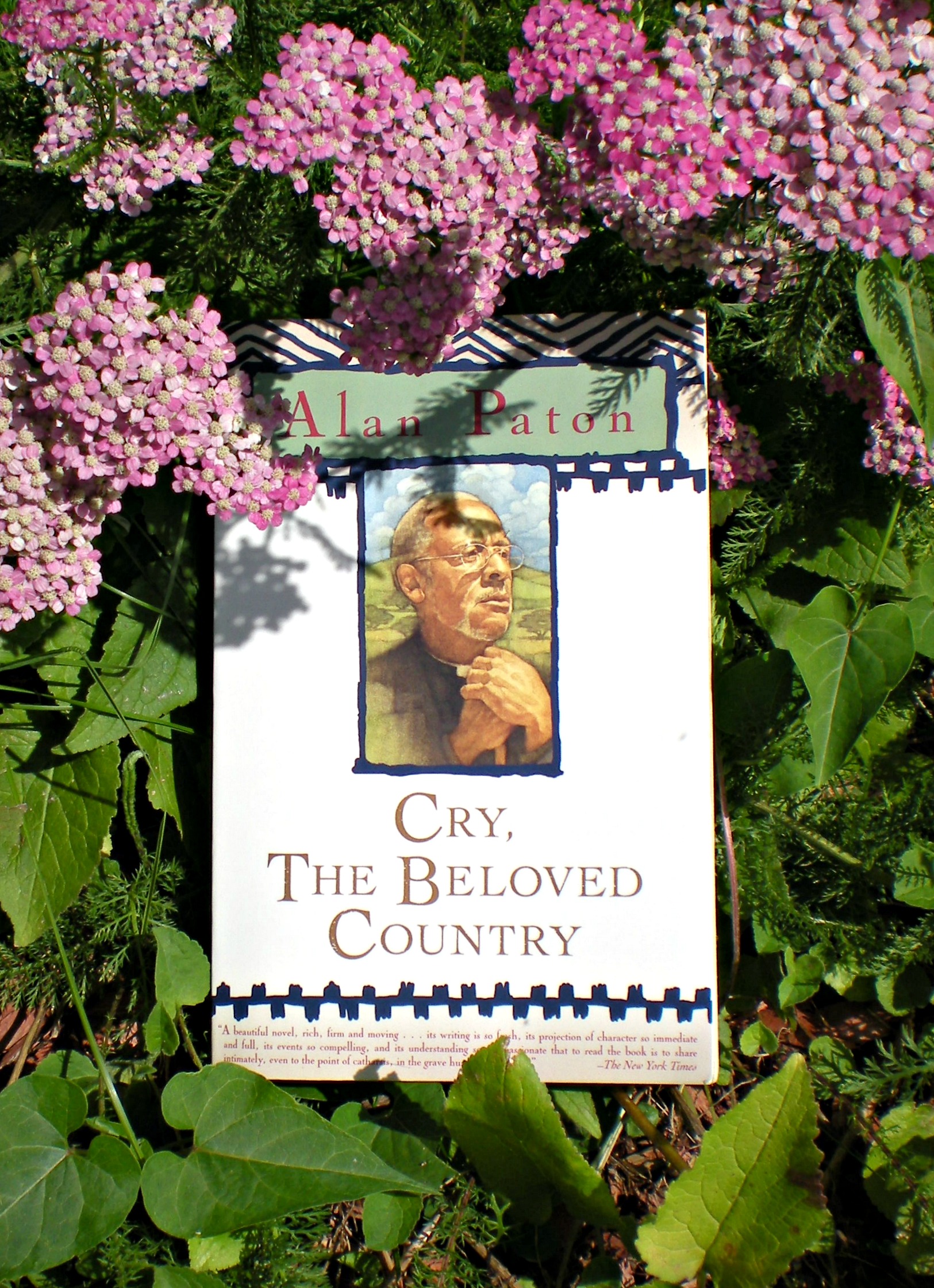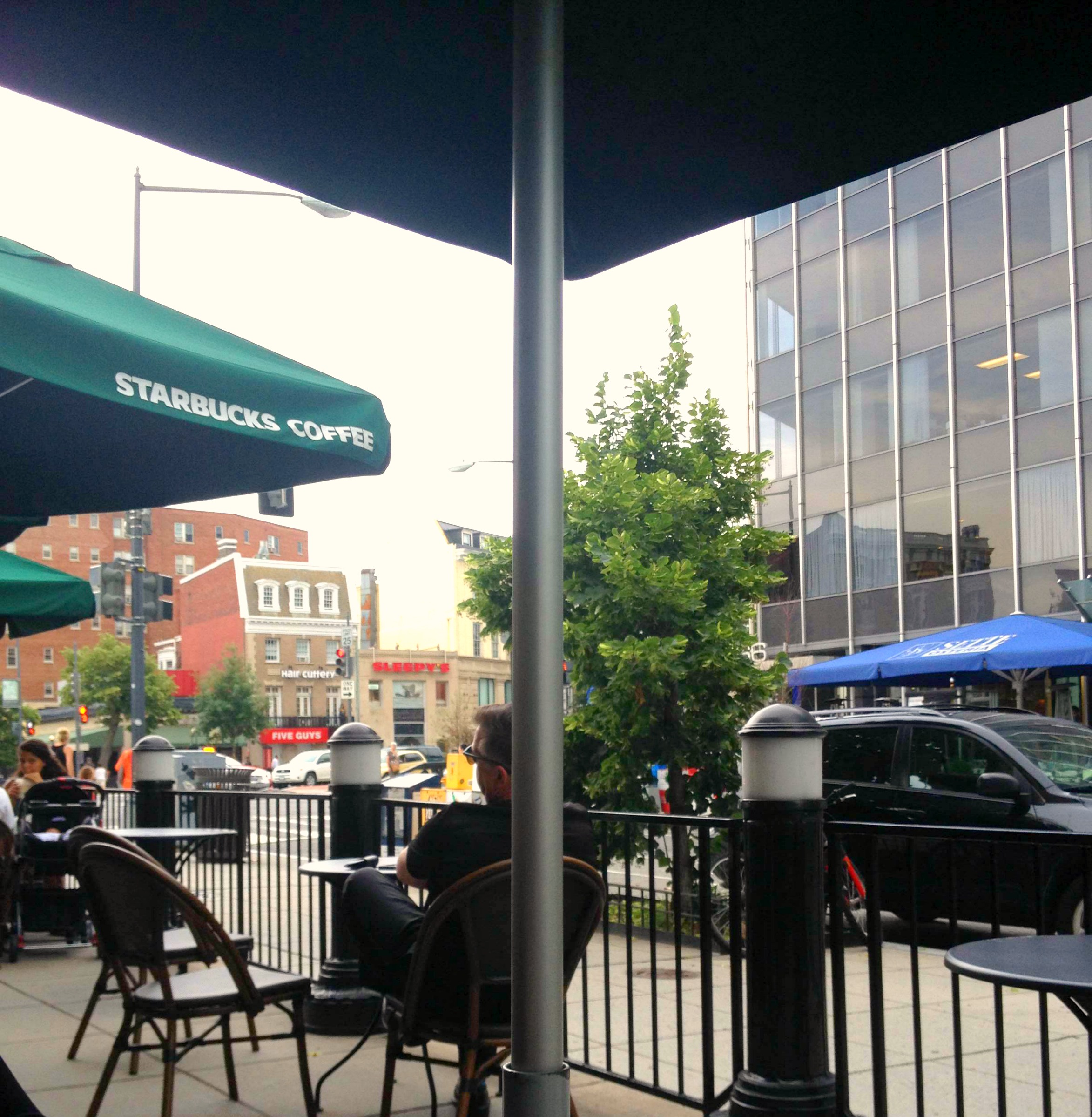What I Read: Cry, the Beloved Country
/4.5/5 pineapples
Oh, do I want to give Cry, the Beloved Country five stars so bad. It has everything I love in a book: beautiful language, an intriguing plot, thought-provoking themes, and characters you care about. Written in the 1940s about South African life, it also appeals to my historical side and makes me think about a completely different life than I know.
Alan Paton wrote Cry, the Beloved Country to discuss the issues plighting his home country for many years. The novel was developed as Paton traveled through Europe and North America. After one particularly rough bout of homesickness came Kumalo, Zulu pastor and main character. Kumalo's journey and subsequent story is what pulled me through the novel, but it was Paton's passion for South Africa's issues and lyrical writing that made the reading experience pleasurable.
But here comes the missing .5: Even though the hardships Kumalo endures are only a part of the story, I felt that once they were wrapped up the story should have ended. I raced through the first two books in the novel, but it took me a week to finish the final 50 or so pages. Paton dragged me through those final chapters, chapters I felt could have been summarized in an epilogue and made much more powerful.
If there was a deeper meaning behind the final chapters, focused on Kumalo's community, I missed them. I missed them because I felt like I was forced to read past the true end of the plot, past what I as a reader was entitled to know. However, the last chapter was beautiful, and I appreciated the closure it brought the characters. It also felt like it had a true purpose in the novel, as a way to sum up all the questions Paton was writing about.
Which is a part of why I like this book: it asks questions. There is no clear answer to how South Africa can change, only examples of the people and problems that live in it and why some sort of action is necessary. Paton lets the reader decide what is right/wrong, and what might be the change the country needs. Kumalo invested me into this entirely foreign world, but it was the beloved country that made me desire a change in people blinded by fear.
Have you read Cry, the Beloved Country? What did you think? I'm thinking The Bean Trees is going to be my next book... Barbara Kingsolver, here I come!










